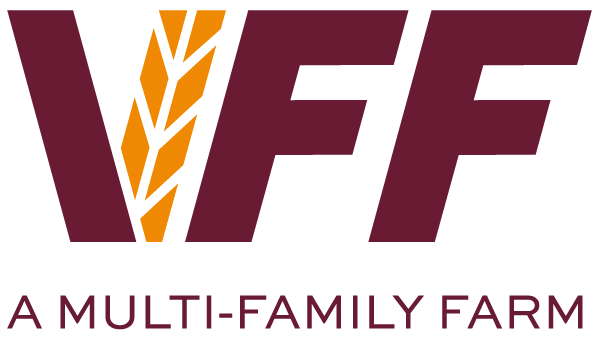OUR MISSION
We unite people, practices, and resources to improve the health and value of the land and the communities that surround it.
OUR MISSION
We unite people, practices, and resources to improve the health and value of the land and the communities that surround it.
COMMITTED TO SUSTAINABILITY
We see the effects of declining aquifer levels, drought, high winds, and other severe weather patterns on a daily basis. It’s our duty to preserve resources and ensure a safe, reliable, and affordable food source for both current and future generations. We do this by implementing a variety of cutting-edge technologies and sustainable practices such as conserving water through telematics, replacing synthetic fertilizer with conditioned manure, and reducing wind and water erosion through no-till farming. These practices allow us to produce more with fewer resources and protect the environment from degradation
Our Sustainable Practices
No-Till Farming
Conditioned Manure
We use conditioned manure to improve soil health and fertility and decrease our reliance on commercial fertilizers. Composted manure is generally better than synthetic fertilizer because it’s a natural product that adds organic matter to the soil, and it can help improve soil structure and water-holding capacity. Compost also enhances soil fertility and helps provide essential nutrients, while synthetic fertilizer is often only a source of nitrogen, phosphorus, and potassium. Additionally, conditioned manure helps minimize environmental pollution from runoff, which synthetic fertilizers may contribute to.
Conservation Reserve Program
We’re major proponents of planting windbreaks and utilizing the Conservation Reserve Program (CRP) on less productive acres. Windbreaks and the CRP are particularly beneficial for western Kansas to reduce soil erosion, conserve water, enhance wildlife habitat, and improve air quality.
We’re also an active participant in the Playa Lake CRP Initiative, which is a program designed to promote the conservation of water and native grassland by restoring Playa Lakes in western Kansas. The program focuses on improving habitat for wildlife, increasing water retention, and helping control wind erosion.
Technology & Data
We’ve adopted cutting-edge technology to reduce the use of water, energy, and other resources. Our technology has data-collecting sensors on farm equipment, semi trucks, grain bins, weather stations, and irrigation systems to transmit real-time data to cloud-based software solutions. The data is processed and quickly shared with our management team, providing them with the ability to make more informed and timely decisions down to the sub-acre level. This level of precision allows us to spot-treat fields and can significantly reduce water use, soil disruption, and the need for chemical inputs.
Value-Driven Initiatives
We’re dedicated to making a positive impact both on and off the farm. Every action we take is a reflection of our team’s values:
Do the right thing.
Be bold.
Maximize potential.
Initiative:
City Acres
Initiative:
Planting Trees in Western Kansas
GET IN TOUCH
Whether you’re looking for land management services, an employment opportunity, or more information about what we do, please reach out.
